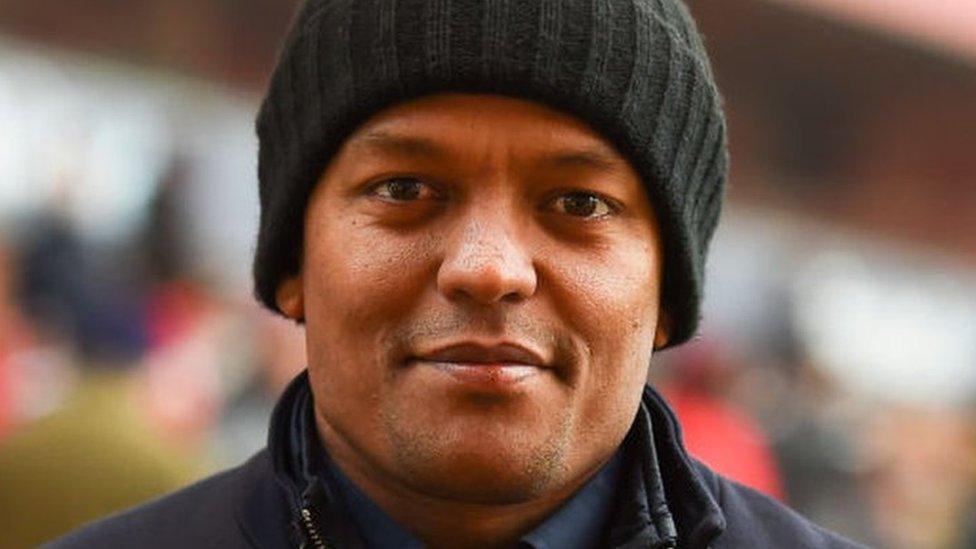Swansea: Baby scan clinic racially harassed sonographer
- Published
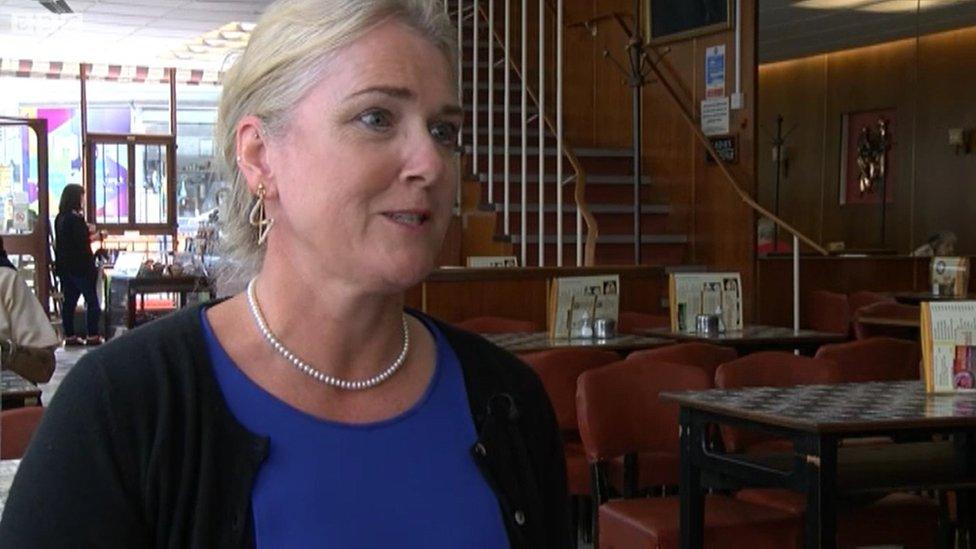
The Swansea franchise owners Juliet Luporini and Anthony Woodcock racially harassed and discriminated against the sonographer, a tribunal found
Bosses at a baby scan clinic threatened and racially harassed a black sonographer, a tribunal has found.
Tina Dilibe was forced to clean the premises at Window to the Womb in Swansea despite being employed in a medical role.
Mrs Dilibe, a Nigerian national, was warned that if she refused to vacuum and mop the floors, she would be sacked and deported.
At a tribunal, a senior member of staff admitted making racist comments.
The Window to the Womb Group's director of ultrasound Jeanette Clewes told an officer from the Society of Radiographers: "You have to be careful, these Africans tell lies."
She added: "These Africans all have hygiene problems, it is a real problem for us to deal with."
The tribunal noted it was "astonishing" that Ms Clewes, who is also clinical lead for sonographers, repeated this racist language at the hearing.
It also heard Mrs Dilibe had been accused of having poor personal hygiene and offensive body odour by her employers, which was unfounded and "meant to humiliate her".
Employment Judge Claire Sharp found the Swansea franchise owners Juliet Luporini and Anthony Woodcock had spoken to Mrs Dilibe "in a threatening manner" and that she was a victim of racial discrimination and harassment.
She added they both "gave evidence found to be untruthful" to the tribunal.
When Mrs Dilibe resigned, citing "unfavourable working conditions which I am no longer able to cope with", her employers "believed they were able to refuse" and "attempted to in the judgment of the tribunal intimidate the claimant into staying".
She was then told she had less than 24 hours to pay nearly £6,000 as a penalty, or would face "immediate court action".
Mrs Dilibe was awarded £33,611 by the tribunal, after it found she had been subjected to "humiliating, offensive and degrading" treatment.
The Society of Radiographers, a trade union representing radiographers, said Mrs Dillibe had shown courage to "speak out about such appalling treatment".
"Sadly, this is not an isolated case, and we are seeing an increase in precarious working practices, especially with the increase in international recruits being employed in the UK," it said, adding that "this is an ever more critical area of work given the workforce crisis across radiography".
It added that it was "working tirelessly to develop processes to help inform international recruits of their basic rights when they arrive in the UK", and urged international recruits to join a trade union or professional body that can support or represent them if they are exploited.
Related topics
- Published28 November 2023
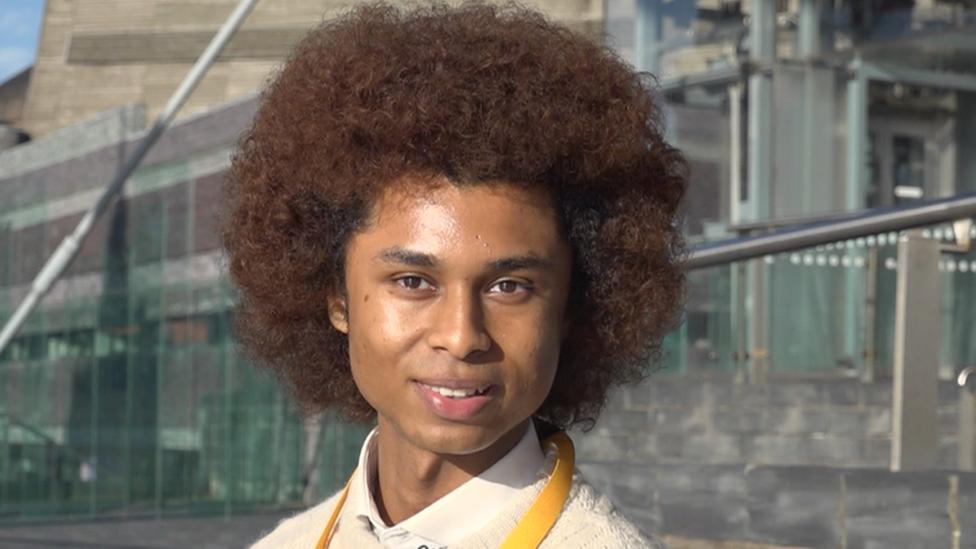
- Published14 October 2022
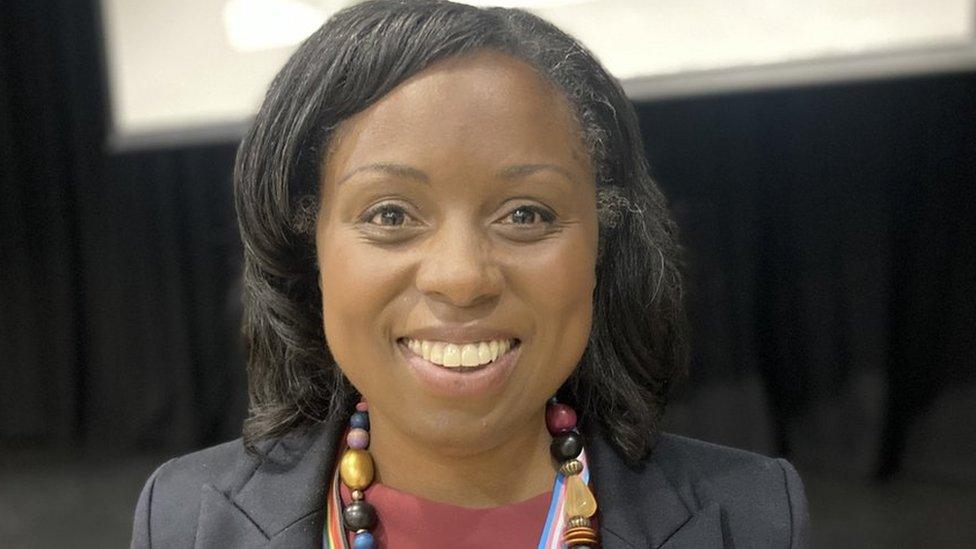
- Published6 September 2021
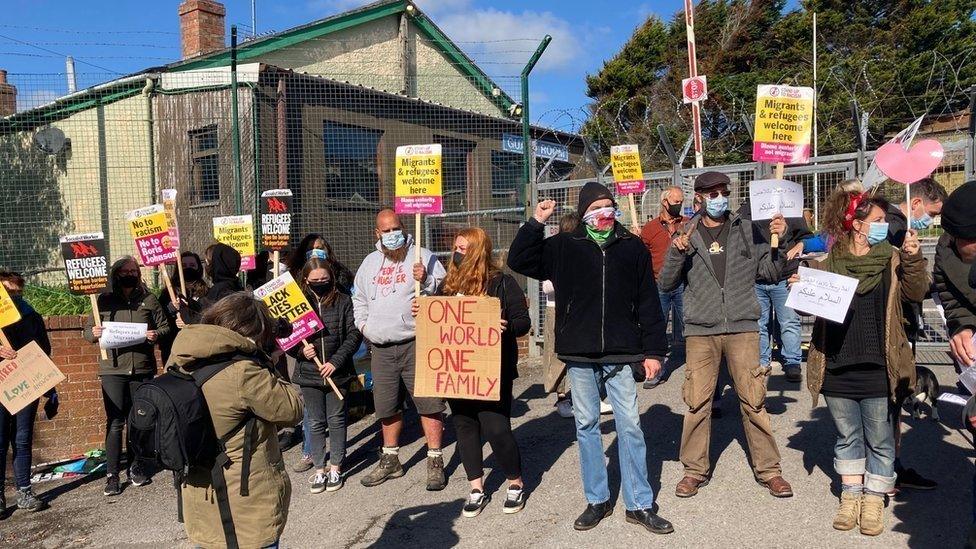
- Published17 July 2023
